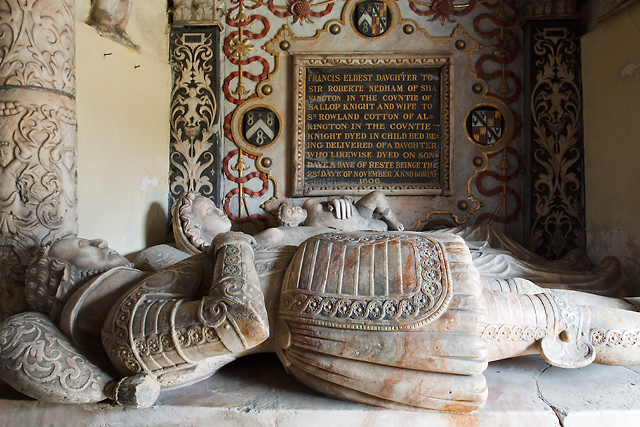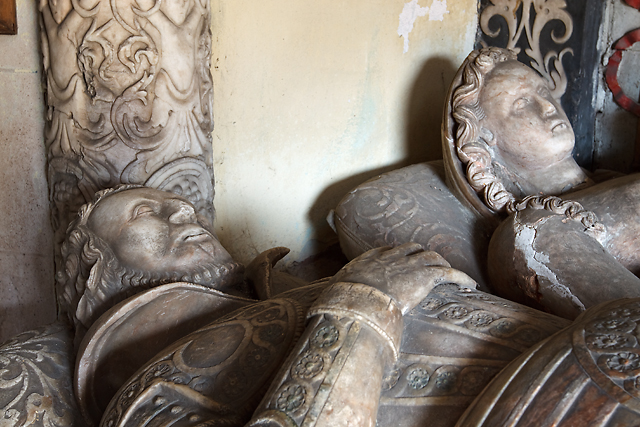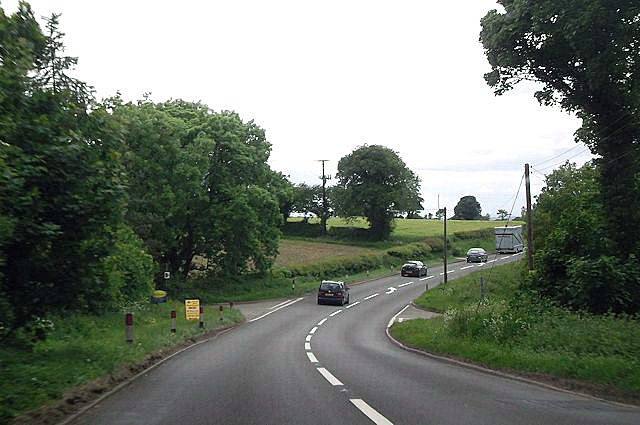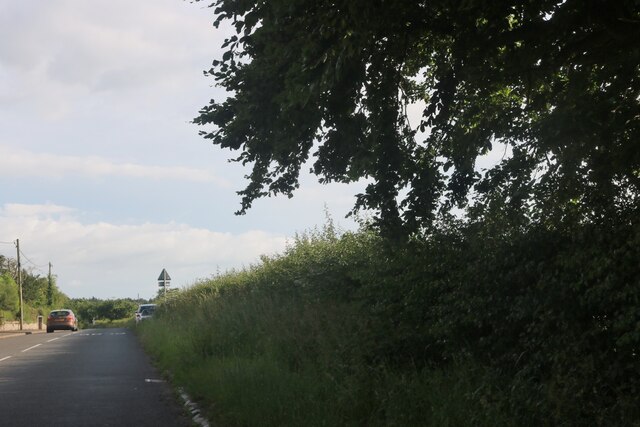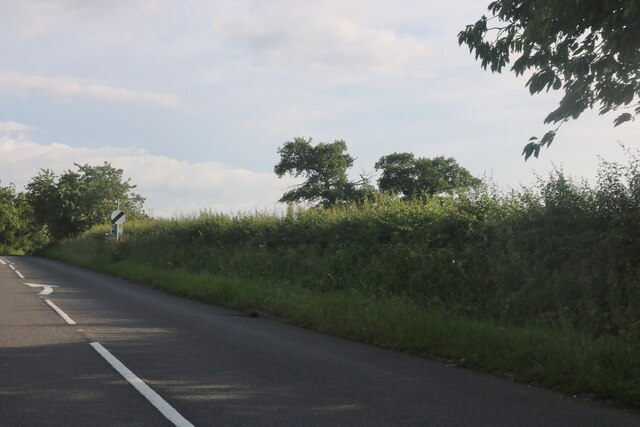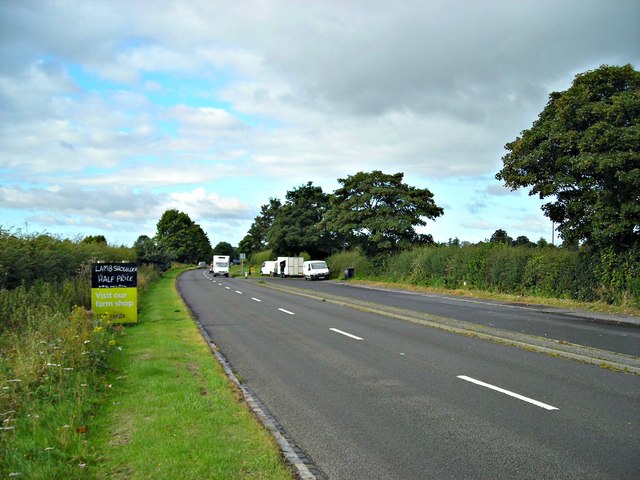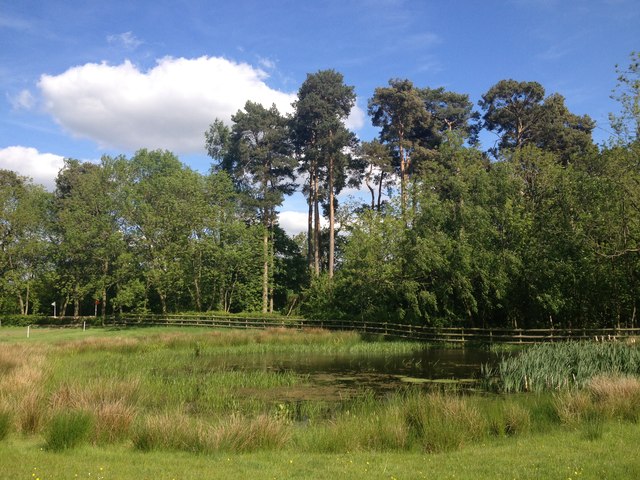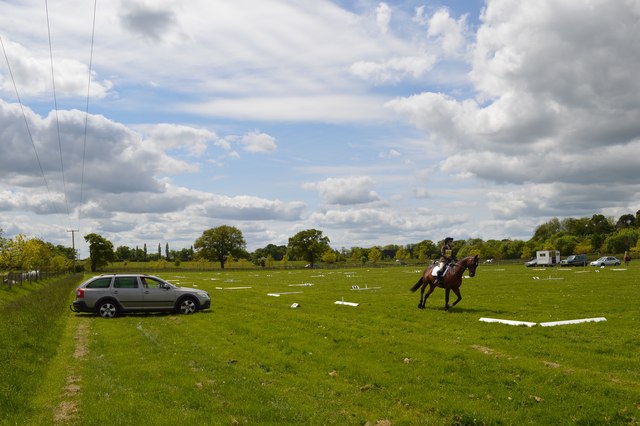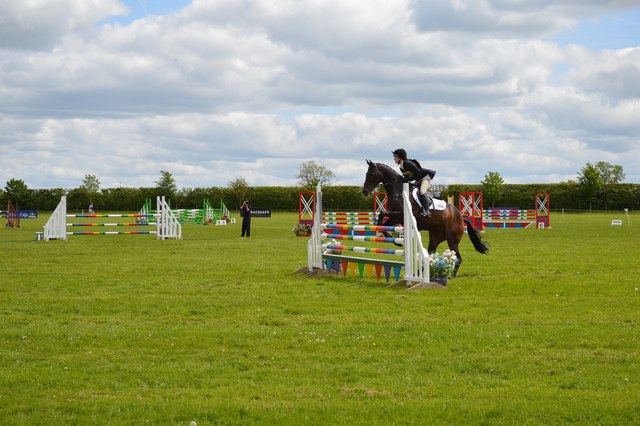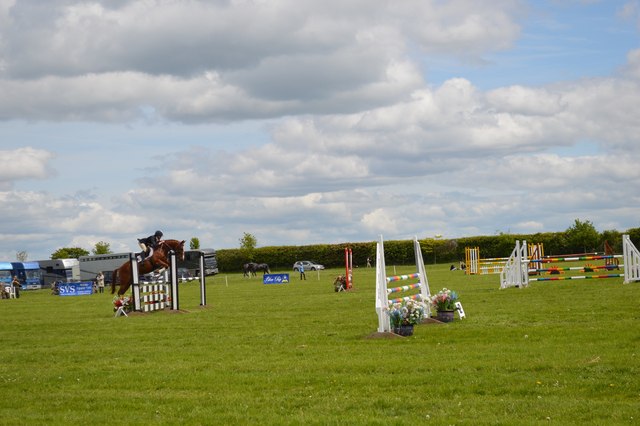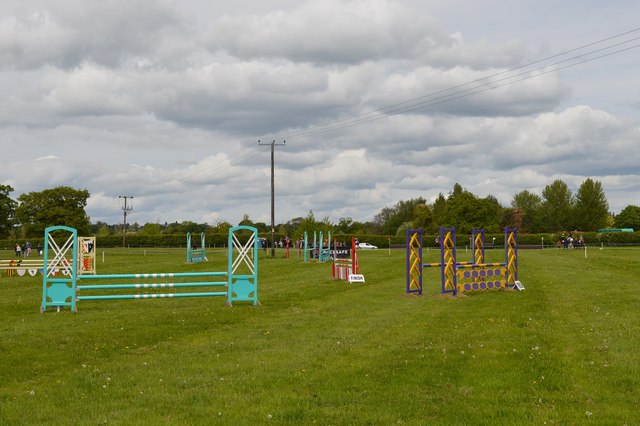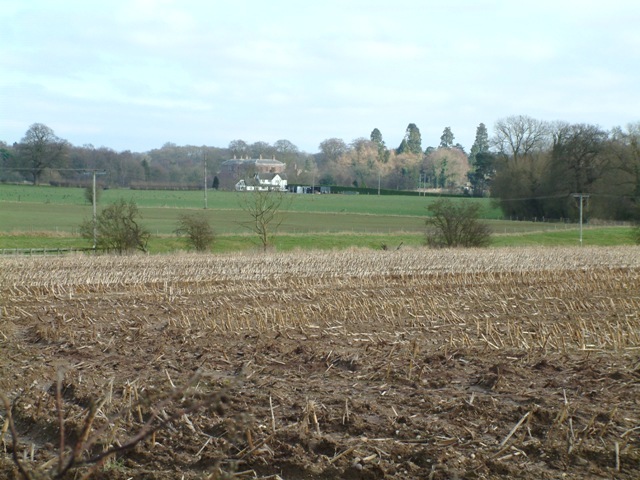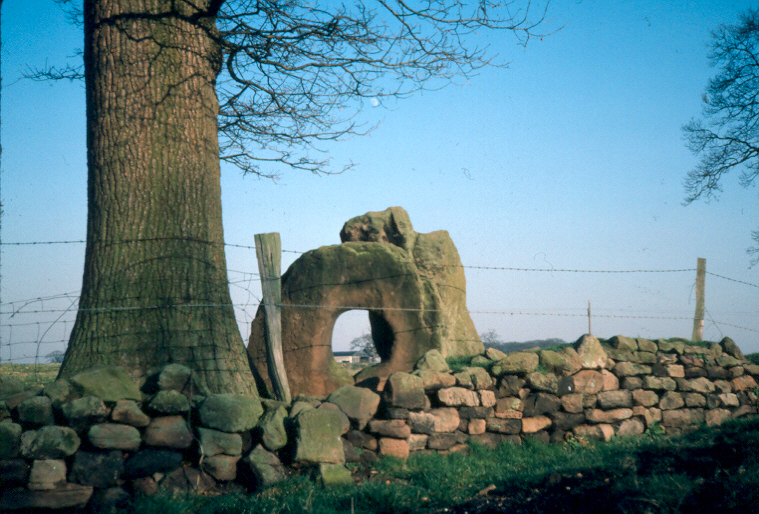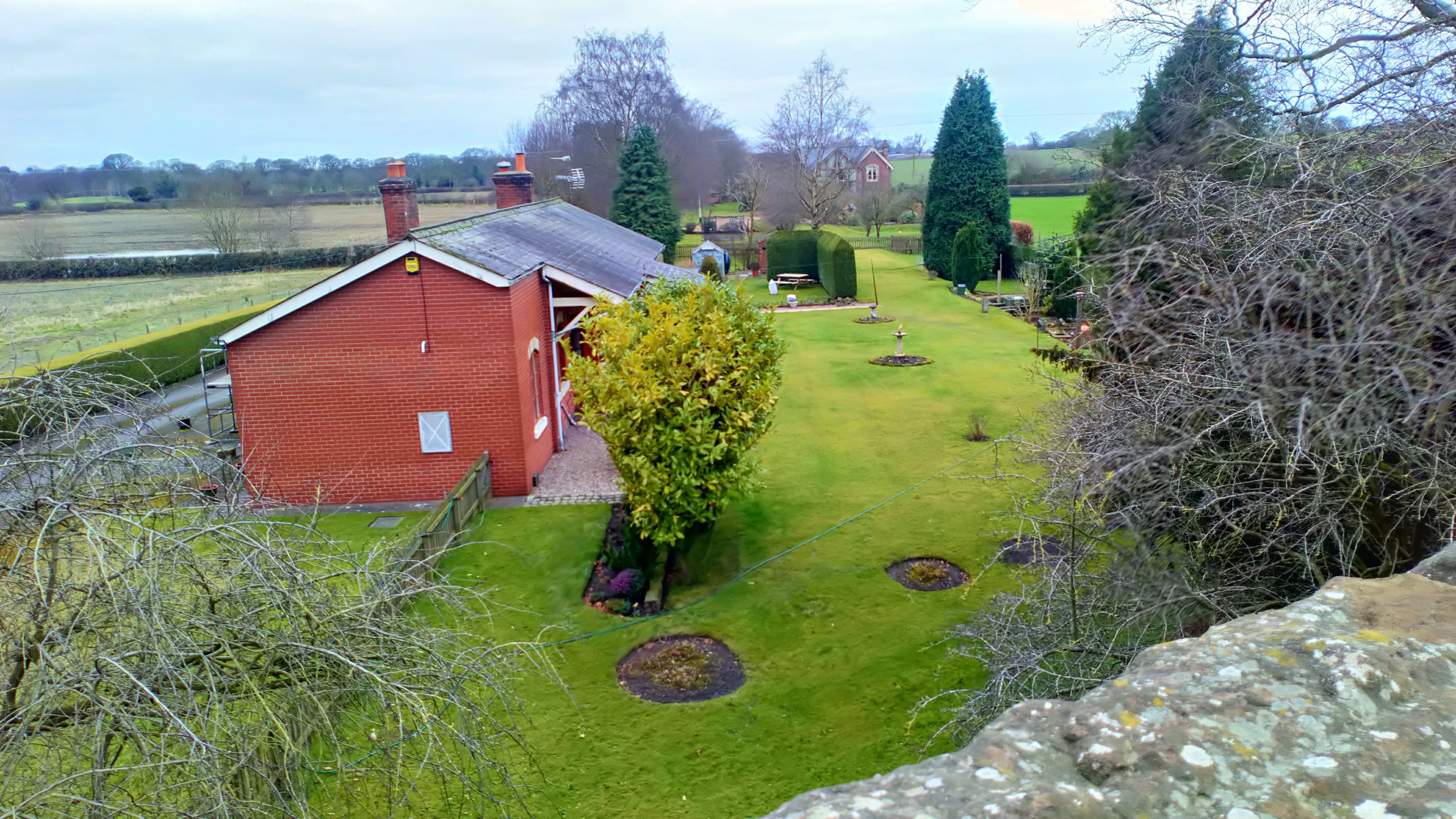The Gorse
Wood, Forest in Staffordshire Newcastle-under-Lyme
England
The Gorse
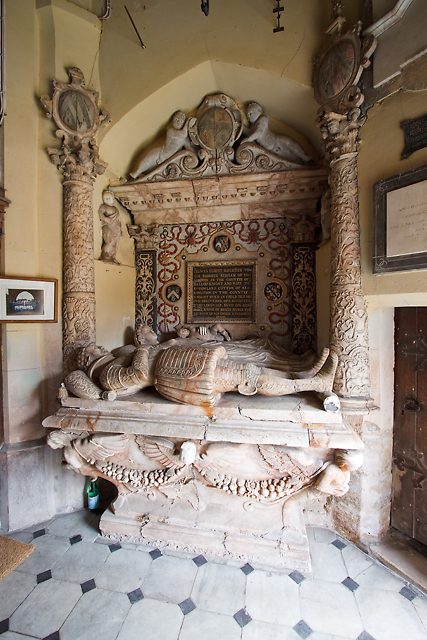
The Gorse, located in Staffordshire, is a woodland area known for its picturesque beauty and diverse wildlife. Stretching over an expansive area, this forest provides a serene retreat for nature lovers and outdoor enthusiasts alike.
The woodland is characterized by its dense cover of gorse bushes, which give the area its name. These vibrant yellow flowers provide a stunning contrast against the lush green foliage, creating a vibrant and colorful landscape throughout the year. Additionally, the gorse bushes offer a safe habitat for various species of birds and insects.
The Gorse is home to a diverse range of wildlife, making it a popular destination for nature enthusiasts. Visitors can expect to spot a variety of bird species, including woodpeckers, thrushes, and finches. The forest is also inhabited by mammals such as deer, foxes, and rabbits, adding to the richness of the ecosystem.
For those seeking outdoor activities, The Gorse offers several walking and hiking trails. These well-maintained paths wind through the forest, allowing visitors to immerse themselves in the natural beauty of the surroundings. The peaceful ambiance of the woods provides an ideal setting for a leisurely stroll or a more challenging hike.
Furthermore, The Gorse is equipped with picnic areas and benches, providing visitors with an opportunity to relax and enjoy a meal amidst the tranquility of nature. The forest is easily accessible, with ample parking available for those arriving by car.
Whether you are a nature enthusiast, a wildlife lover, or simply seeking a peaceful escape from the bustle of everyday life, The Gorse is sure to captivate you with its natural charm and beauty.
If you have any feedback on the listing, please let us know in the comments section below.
The Gorse Images
Images are sourced within 2km of 52.928342/-2.4393452 or Grid Reference SJ7036. Thanks to Geograph Open Source API. All images are credited.

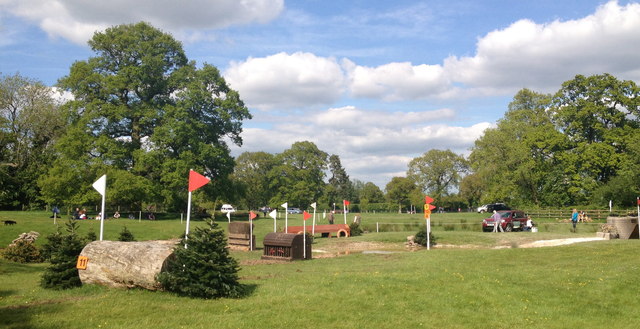
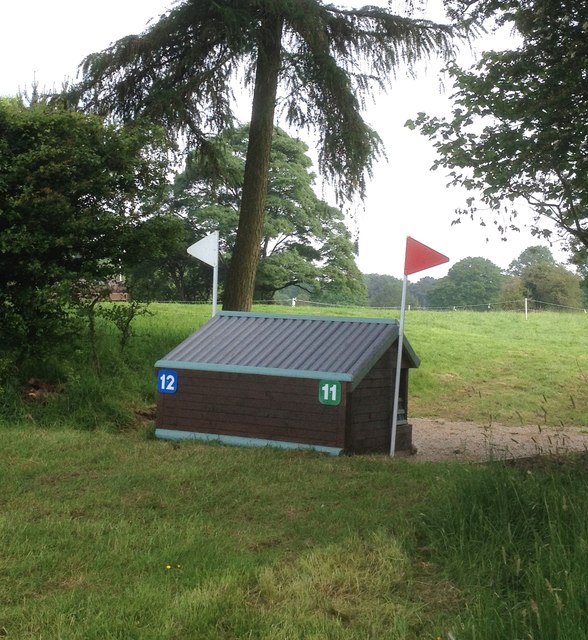
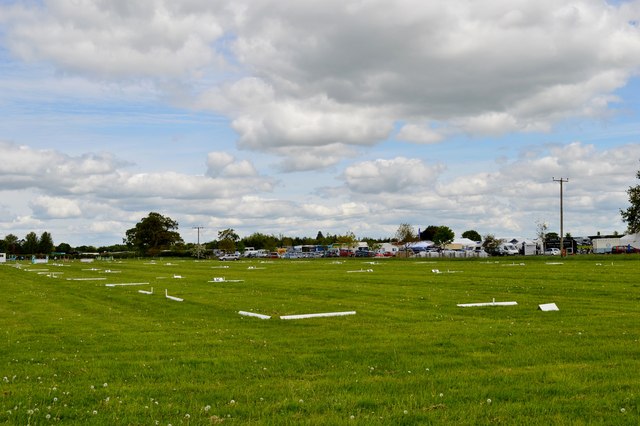
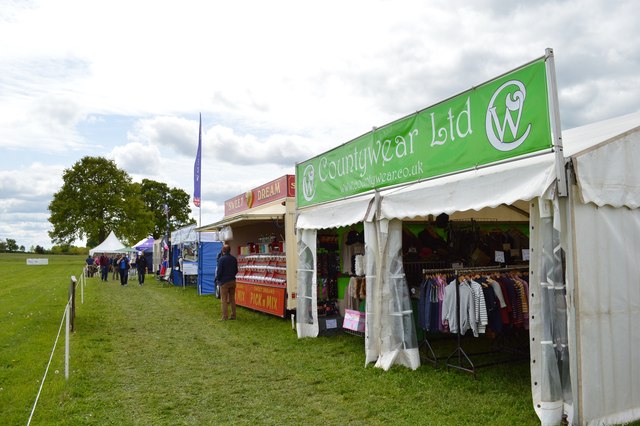
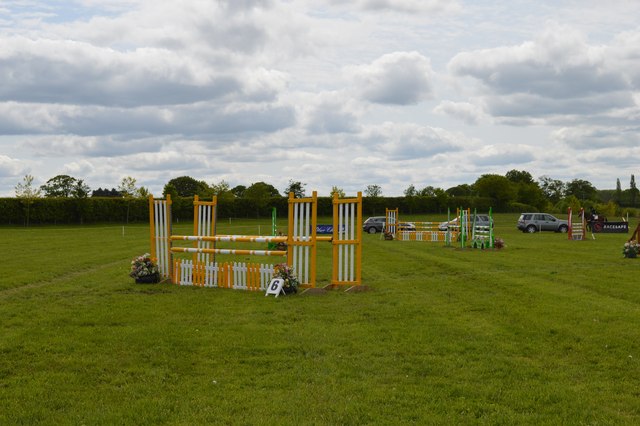
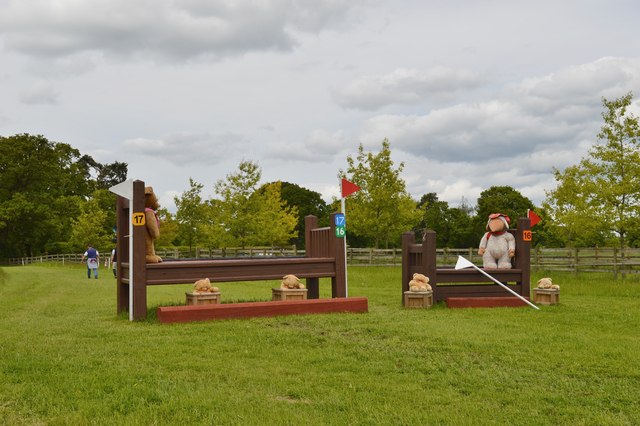
The Gorse is located at Grid Ref: SJ7036 (Lat: 52.928342, Lng: -2.4393452)
Administrative County: Staffordshire
District: Newcastle-under-Lyme
Police Authority: Staffordshire
What 3 Words
///behind.storybook.editor. Near Market Drayton, Shropshire
Nearby Locations
Related Wikis
Oakley Hall, Staffordshire
Oakley Hall is an early 18th century 14,929 sf mansion house at Mucklestone, Staffordshire near to the Shropshire town of Market Drayton. It is a Grade...
Oakley, Staffordshire
Oakley is a hamlet in Staffordshire, England. It is within Mucklestone ward of Loggerheads Parish. Oakley Hall, a former seat of the Chetwode family, is...
Betton, Shropshire
Betton is a hamlet in the civil parish of Norton in Hales, in the Shropshire district, in the county of Shropshire, England.
Norton in Hales
Norton in Hales is a village and parish in Shropshire, England. It lies on the A53 between the town of Market Drayton and Woore, Shropshire's most northeasterly...
Audley's Cross
Audley's Cross is a cross sited in Blore Heath, Staffordshire to mark the spot on which James Touchet, Lord Audley was killed at the battle of Blore Heath...
Battle of Blore Heath
The Battle of Blore Heath was a battle in the English Wars of the Roses that was fought on 23 September 1459, at Blore Heath, Staffordshire. Blore Heath...
Mucklestone
Mucklestone is a village and former civil parish, now in the parish of Loggerheads, in the Newcastle-under-Lyme district, in the county of Staffordshire...
Norton-in-Hales railway station
Norton-in-Hales railway station was a station on the North Staffordshire Railway between Stoke-on-Trent and Market Drayton. The station was opened in 1870...
Have you been to The Gorse?
Leave your review of The Gorse below (or comments, questions and feedback).
